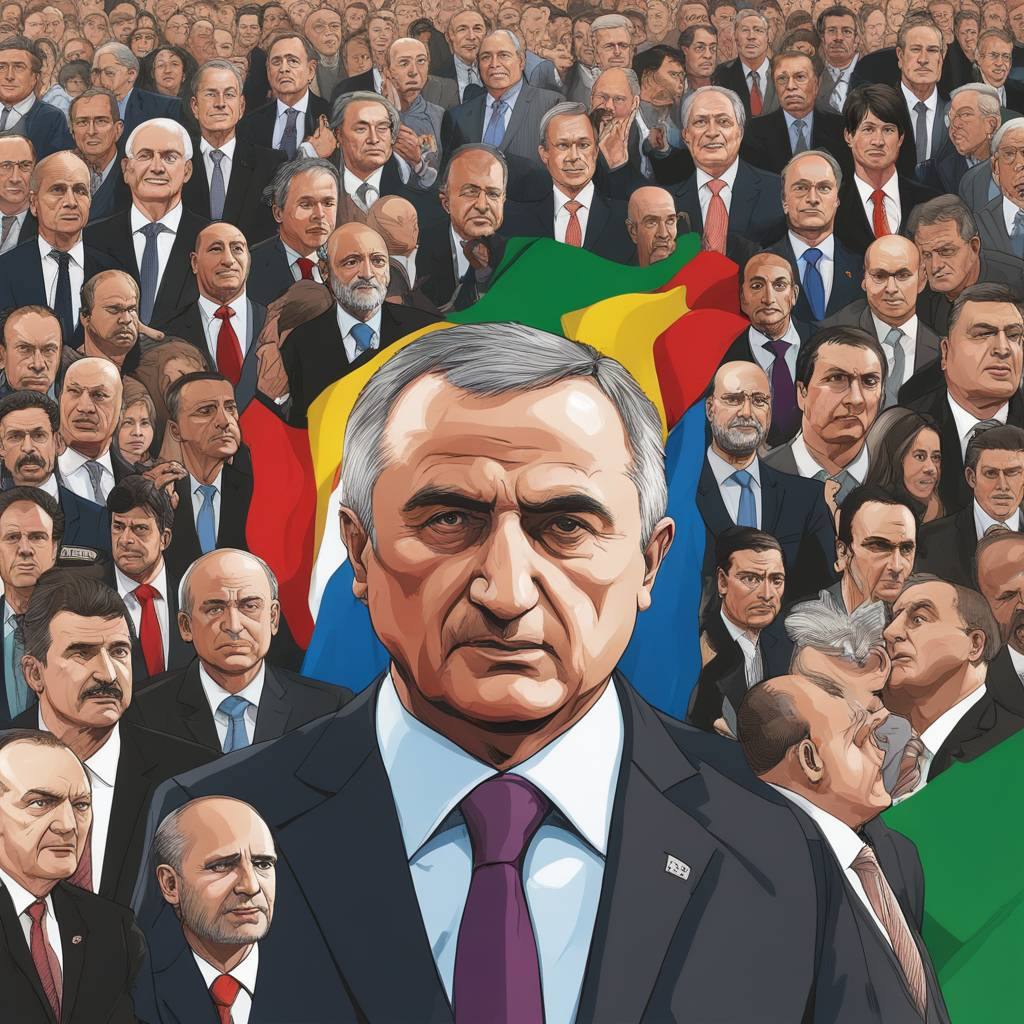Despite this appeal, Gabriel ultimately decided to withdraw her nomination, citing the failed negotiations between the two political coalitions. This decision could potentially send Bulgaria, the European Union’s poorest member country, into a new crisis. Gabriel, a former EU commissioner, had been proposed by the center-right GERB-UDF coalition to form a new government, but negotiations ultimately fell through.
The withdrawal of Maria Gabriel as prime minister-designate comes after two weeks of negotiations between the two political coalitions. The agreement was supposed to involve a rotation in which each coalition would hold the top job of prime minister for nine months at a time. However, the discussions turned into partisan wrangling over issues related to judicial reform, leadership of the security services, and the lineup of Gabriel’s Cabinet. The failure to achieve a smooth transition of power has left Bulgaria in a state of uncertainty.
Outgoing Prime Minister Nikolay Denkov of the reformist coalition had stepped down on March 6 in anticipation of being replaced by Gabriel. Despite his appeal to GERB-UDF to keep their word, sign the agreement, and vote for a government to prevent chaos in the country, Gabriel ultimately withdrew her nomination. The breakdown in negotiations has led to accusations being exchanged between the two coalitions, with each side blaming the other for the failure to reach a resolution.
The withdrawal of Maria Gabriel raises concerns about the political stability of Bulgaria and the potential for early elections. The country may face further challenges as it navigates this period of uncertainty. With key issues such as judicial reform and the leadership of security services left unresolved, the future direction of Bulgaria remains unclear. The failure to establish a new government has left the country in a state of limbo, with serious implications for its governance and economy.
The situation in Bulgaria underscores the challenges faced by countries in transition, particularly when it comes to negotiating political power-sharing arrangements. The breakdown in talks between the two political coalitions highlights the deep divides within Bulgarian politics and the difficulties of reaching consensus on key issues. As the country grapples with the fallout from Gabriel’s withdrawal, it must find a way to move forward and address the pressing issues facing its government and society.
In conclusion, Bulgaria’s political landscape remains uncertain following the withdrawal of Prime Minister-designate Maria Gabriel and the failure of negotiations between the two political coalitions. The inability to establish a new government has raised concerns about the country’s political stability and economic future. As Bulgaria faces the prospect of early elections and continued political turmoil, it must find a way to bridge the divides within its political landscape and work towards a resolution that can move the country forward.


